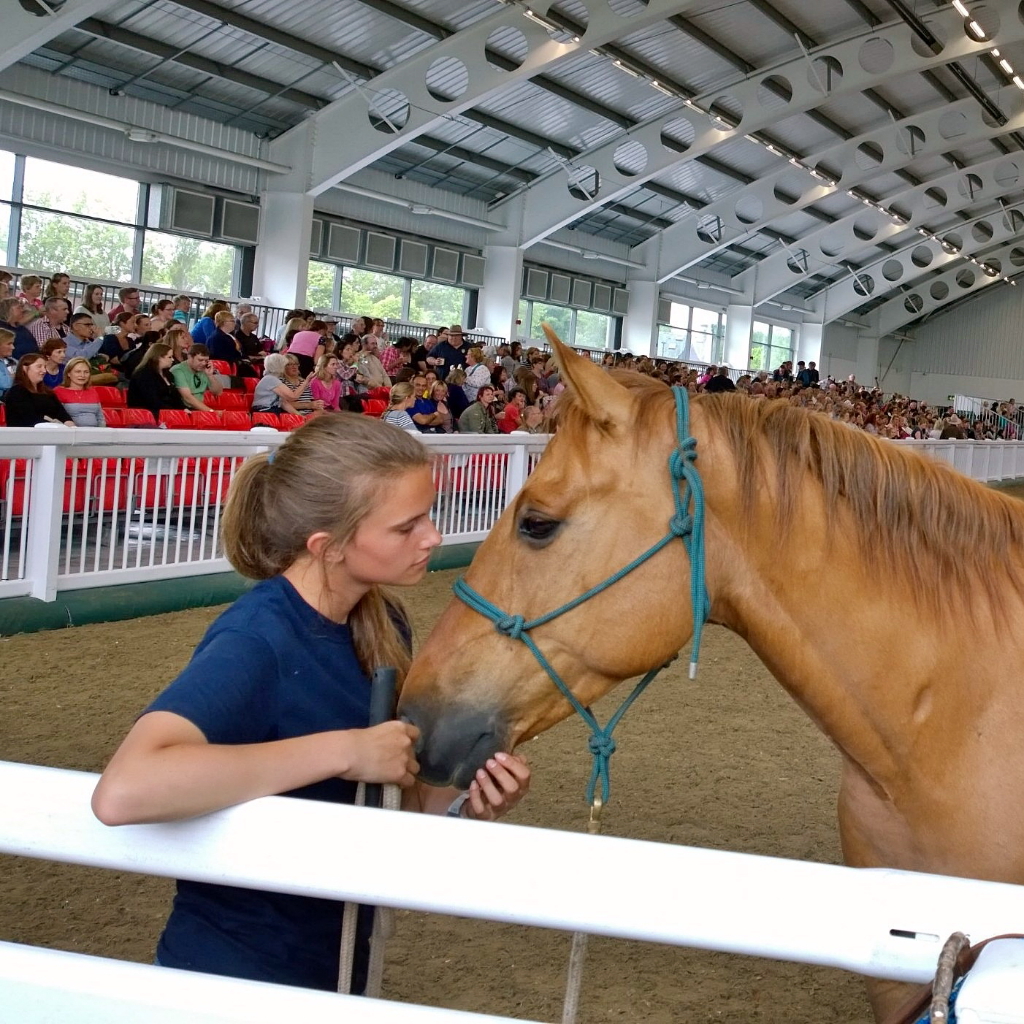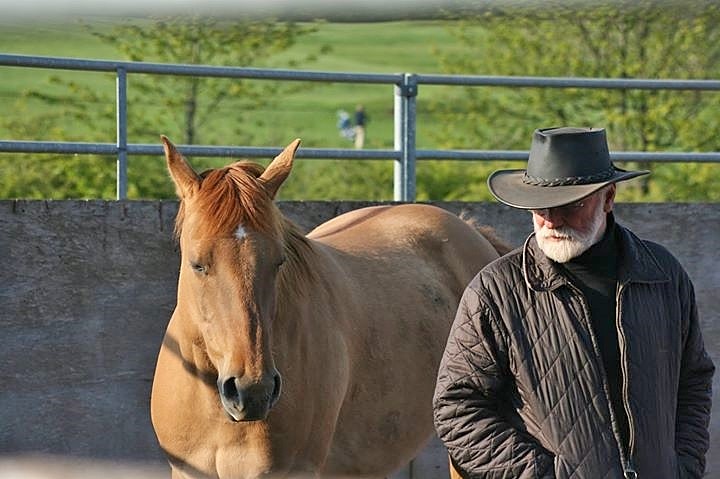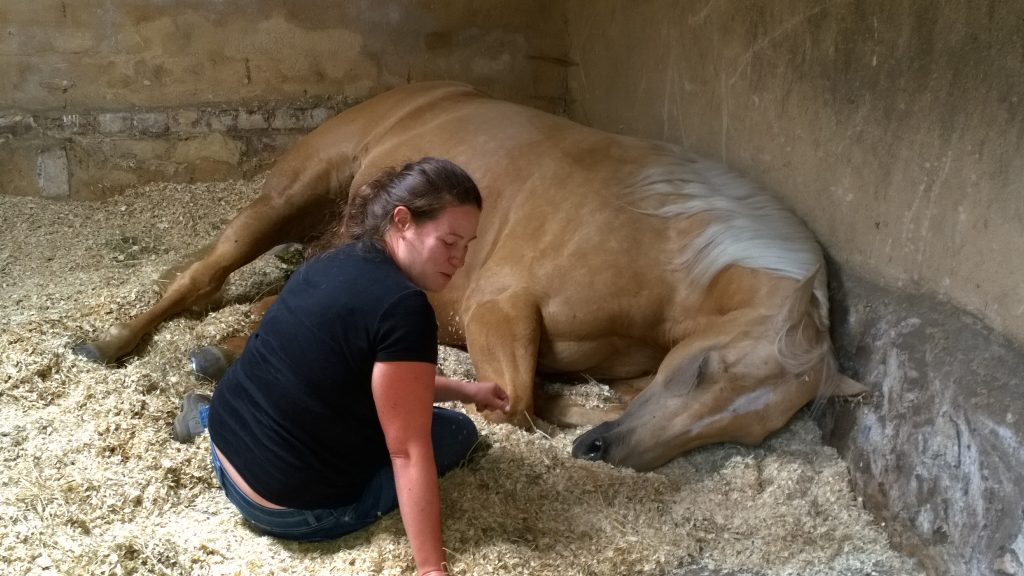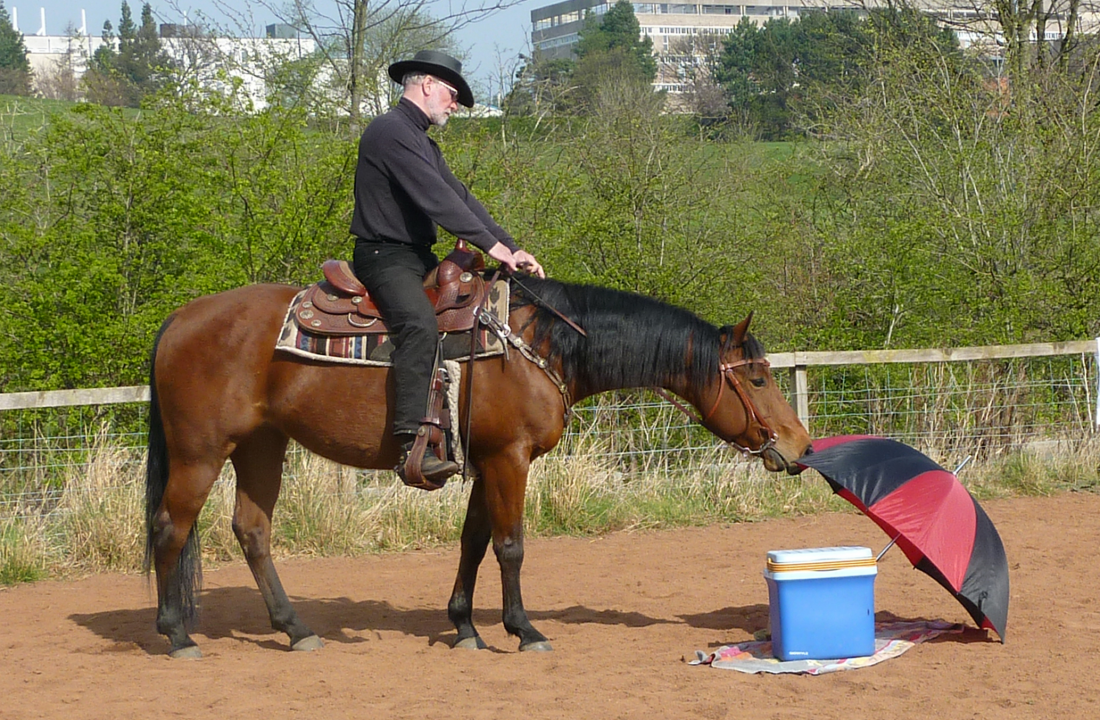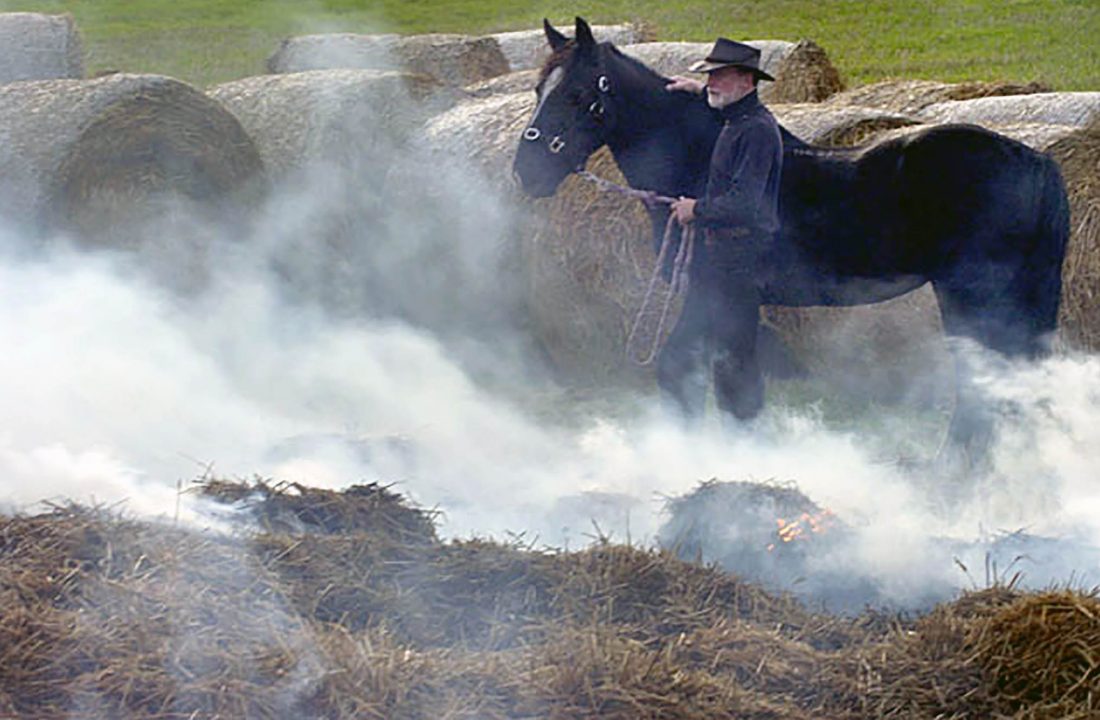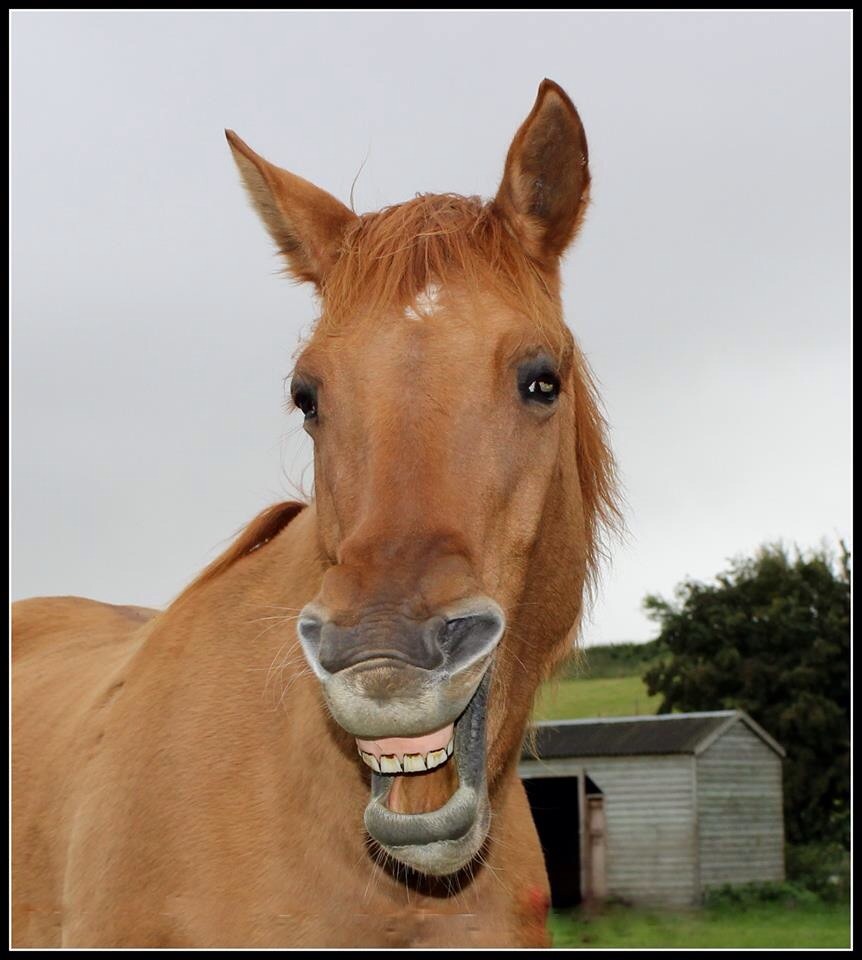What are horses needs? “Ask the horse” one might say – but most people would not know how to ask, far less what to ask.
I have been asking them for years. The following words give my interpretation of what they said they needed. I found it to be good start in forming a lasting relationship with my horses.
If horses still lived in a free-ranging herd, that herd would give them all of the caring, protection and guidance they need throughout their lives.
When horses are kept in an environment created by us, they need us to try to be a loving friend, a protector, a provider, a big sister or brother, a strict teacher, a good boss, a partner in crime, and companion.
Above all, they need someone who listens and tries to understand, someone who has an answer to their every question.
In return for this, I want horses to be willing to be guided by me. To that end, I want them to accept me as their friend, teacher and partner in crime, etc. etc.
Getting to that place is a fairly lengthy process, but it starts with how I behave around horses.
I have found that if I move around the horse with a quiet mind, the horse is more likely to have a quiet mind. Quiet minds can be focused and can learn.
Keeping a quiet mind generally means to stop talking in human speak and start communicating with focused attention – with touch, gesture, timeous responses and, for me, a deep sense of selfless giving.
Through tim,e the horses come to believe that I am the calm one, the reliable one, the even tempered one, the one they can trust to have the answer when they are a little scared, ill at ease or just plain ill.
This way of being sets the scene for everything I subsequently do with my horses. It is our safety net if times get rough.
Our horses are not living in the wild. They have had the instincts of wild horses drastically modified by selective breeding and their environment. We have brought them into our world, which is dictated by controls and responsibilities. Their wild instincts are still there, but they must learn to control them.
I believe that horses are like us human beings. Now not living in the wild, but still having the instincts of our ancestors. Those instincts have, at times, to be suppressed in order to enable us to survive in the world we live in. Like many of us, to survive in this world, horses need a “working life”, a “home life” and “leisure time”. A proper mix of those things makes for a “balanced life”. A balanced life is, I believe, good for both people and horses.
As guardians of our horses’ physical and mental health we have a responsibility to create for them a healthy balance of work life, home life and leisure time.
An imbalance of these three is as detrimental to a horse as it is to us human beings.
“Leisure time” is when the horses are in the field and free to do whatever comes naturally. “Home life” is when they are in their boxes or on the rail in the yard. “Working life” is when they are tacked up and doing things with their owner or handler.
To avoid imbalance, set up an environment and routines for all three facets of your horse’s life, such that your care can have the horse understand that if he is turned out into a paddock or other place you choose, he is at leisure. He can make his own decisions and follow his instincts. At all other times he must learn to trust you, as a home maker or manager, to make decisions for him or steer him towards rewarding decisions.
When your horse is in the pasture it should be allowed to run his own life. He can do what he likes, speak to whom he likes, be petted by anyone he likes, but not by you. He can watch for your approach, track your movement, call to you and all that, but he must understand that until you approach with a halter or open a gate for him, he cannot expect you to look after his needs and make decisions for him – in the pasture he must rely on his own decision making. He is “on holiday”, “at leisure”.
Horse “home life” is where he is part of a family of two. You and he or she living together, depending upon each other, trusting each other, being loyal to each other, always being there, always expecting to be able to trust each other, both knowing that your opinion will be respected, but knowing that things must be for the good of the whole family.
“Working life” is a little more exacting. Both members of the family must step up to the line in this family business. There is a job to be done and to do it well, the team must be sharper, their thinking must be more focused. Things move faster here.
The human being’s job is to be the manager. To do the fast thinking. To do the forward planning. To initiate action with clear instructions. The horse’s job is to use his inbuilt aptitudes, learned skills and physical abilities to carry out the workload initiated by the manager. He can make suggestions as to how he can do the job, submit these to the manager for approval. A good manager will acknowledge good proposals, and suggest better alternatives to the poorer ones. Neither manager nor worker can neglect their responsibilities, or the job will not be done profitably. It is a treadmill that both parties are often glad to get off of, pack up and go home but they should not do so, until they have turned in some production, made some progress.
Going home after work or school can be a relief but only if family life is good, safe and pleasurable. The family of two must stay together till bed time or at least for a time until they both go out to their respective leisure time, the horse to the paddock, the person to his or her life outside the horse world.
However, do not expect your horse to stay at home if you are out on the tiles. Never expect your horse to work hard if you are not working alongside him. Don’t expect a happy relationship with him “at work”, if your relationship “at home “is less than desirable for both.
You are the planner, the manager and instructor at work. Your horse is the worker with flair and expectation.
At home you are the home maker. He is the dependant, trusting family who needs your support.
Families sometimes challenge family hierarchy, workers sometimes rebel against management. You need to keep your mind cool and your awareness sharp. If your horse has to rebel there must be a reason. Ask what it is and fix it. Your horse deserves that consideration.
